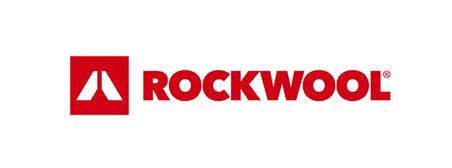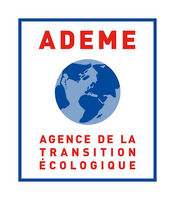Search eceee proceedings
The role of aggregators in energy communities
Panel: 5. Towards sustainable and resilient communities
Authors:
Ana Soares, INESC Coimbra, Portugal
Marta Lopes, ESAC / INESCC, Portugal
Carlos Henggeler Antunes, DEEC / INESCC, Portugal
Abstract
A successful energy transition depends on multiple inter-related factors of different nature and scale, including the decarbonisation of key sectors, smart use of energy, design of development paths for more sustainable and resilient cities, optimal integrated management of energy resources (including load control, renewable local generation and storage), change of energy behaviours, and deployment of energy communities. Considering that cities are responsible for a big share of global energy consumption and emission of greenhouse gases, it is urgent to mitigate their negative impact on environment and climate change. Energy communities can play a decisive role to foster energy transition in cities. A key issue to make energy communities active players in the management of power systems contributing to energy transition is the ability to leverage demand-side flexibility. Aggregators act as intermediaries between energy communities and markets / grid operators contributing to collect and manage energy communities’ flexibility, which can provide valuable system services with multiple positive impacts. Once gathering a flexible portfolio of energy resources, aggregators use optimization techniques to address different purposes, such as participation in the provision of ancillary services, including load-frequency control, or the scheduling of resources considering economic, environmental, and quality of service objectives with benefits for different players. From a market perspective, the participation of aggregators in the electricity market contributes to increase competition and liquidity. There are, however, regulatory and policy level barriers that need to be addressed to capture the full potential of aggregators. The aim of this work is to give an overview of the role and potential of aggregators to support energy communities, as well as existing barriers and recommendations, while discussing existing market models in place in the European Union.
Downloads
Download this display as pdf: 5-337-22_SoaresLopesAntunes_display.pdf
Panels of
1. Dynamics of consumption: less is more?
2. Efficiency and beyond: innovative energy demand policies
3. Policy, finance and governance
4. Monitoring and evaluation for a wise, just and inclusive transition
5. Towards sustainable and resilient communities
6. Energy-efficient and low-carbon mobility for all
7. Policies and programmes for better buildings
8. Innovations in products, systems and building technologies



























